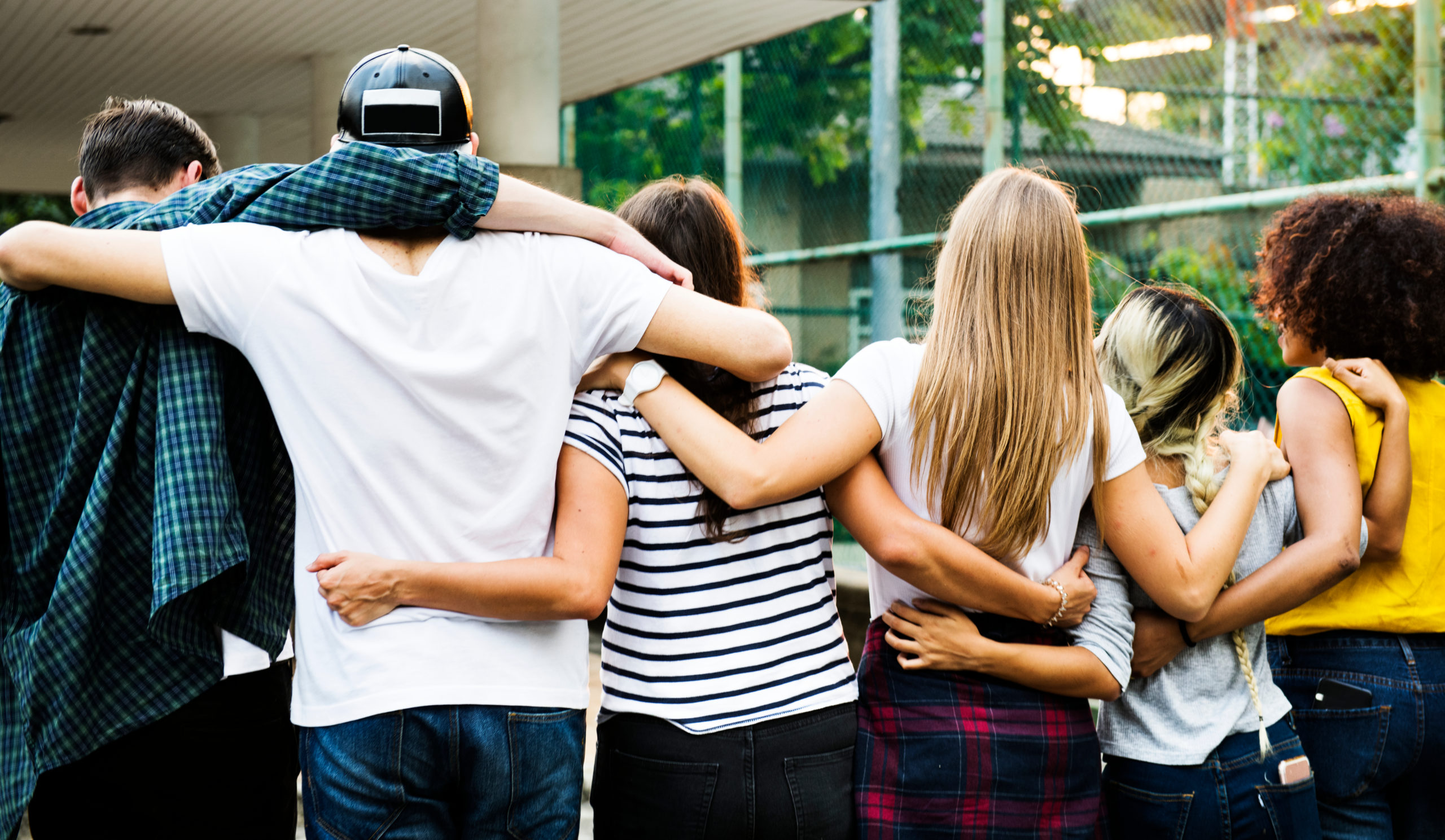Social Skills
Social Skills in Children and Teens
Social skills training teaches children how to interact in this complex world. Challenges with social skills may make it more difficult for children to make friends, maintain relationships and identify social cues.
Individuals in need of social skills may want to interact with others, but have difficulty navigating that dynamic. In an attempt to avoid embarrassment or conflict, individuals may avoid social interaction and feel rejection and isolation.
Although some of these unhealthy and inappropriate behaviors may be temporary, these symptoms may impact an individual’s confidence and ability to engage appropriately long term.

Signs that your child may need support with social skills:
A child who has difficulty with socialization may:
- Has difficulty maintaining appropriate eye contact
- Interrupts others frequently
- Unable to start and end conversations appropriately
- Talk ‘at you’ as opposed to engaging in a two way conversation
- Show little or no interest in what the other person is saying
- Asks inappropriate questions
- Interprets content in a literal manner
- Talks with unusual speed, stress, rhythm or tone
- Unable to interpret facial cues or different tones of voice
- Lacks empathy
- Inability to understand jokes and sarcasm

Ways To Support Your Child:
Cognitive Behavioral Therapy – Through this work, a child can better understand their internal process; working to identify triggers and proactively control their impulse to respond. Children learn to understand their behaviors and the consequences that follow.
Family Therapy – As a cohesive unit, children and parents work together to improve communication, problem solve and establish appropriate boundaries
- Peer Social Skills Group – Children can learn more appropriate social skills through this type of group dynamic. They can become more aware of their own responses and the impact that they have on those around them.



